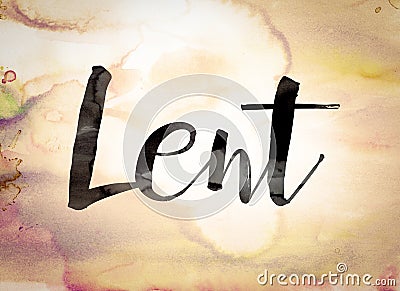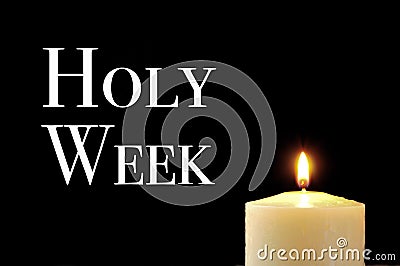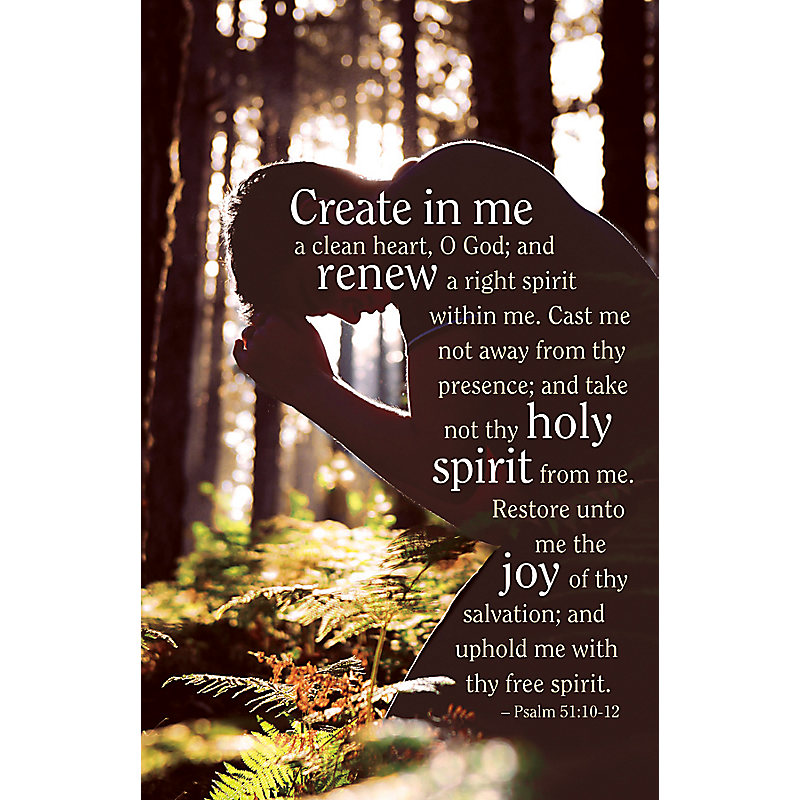
Yesterday was Ash Wednesday, the beginning of the Lenten Season in the Christian Church. This is a period of 40 days, not counting Sundays, before Easter. Historically it is a time of self-examination and a focus on practicing spiritual disciplines.
Many people “give up” something during Lent as a means of sacrifice in order to be more spiritually focused. For the most part these “sacrifices” are trivial. No chocolate or morning coffee. (I know, that does not seem trivial 😊). Limit time on social media. Reduce alcohol intake.
Other folks “add on” something that has spiritual, physical, or mental value. Spend more time at the gym. Read through the Book of Acts. Practice mediation. Engage in service projects to help others.

Recently I have been thinking about the habits that I have developed and practiced in my lifetime. I am aware of some of them and others are so well disguised that they are intrinsic to who I am. Some are simply daily routines that I follow. Others are attitudes that determine how I respond or react to situations.
During the Lenten Season I am going to be more intentional about my everyday habits. Intentionally encountering habits can be amusing and sometimes revealing.
My parents were both uneducated blue-collar workers. I suppose they would be classified as among the working poor. There were few luxuries and we were very frugal. For example, the towels we used for baths and showers were so threadbare that you could see through them but they were still usable. Since they had little absorbency, I learned to wipe excess water from my body with my hands and then use the towel. Decades later I find myself still doing that although the towels in my bathroom are very plush and absorbent.
Another habit was learned as a teenager when I worked stocking shelves in a grocery store. When you placed an item on the shelf the label was always facing the front. This enabled the customer to clearly see the name brand and the contents. Yesterday morning after eating left over pancakes from Fat Tuesday, I was careful to be sure that the maple syrup was easily identified when I returned it to the pantry shelf.
Other habits/practices are deeply ingrained in my psyche and influence the way I conduct myself and my relationship with others. Granted, we have come to recognize that attitudes of racism, sexism, lifestyle, and many others that were common during my formative years were less than they should have been. But, in truth, that is probably true of every age including our current society.

My mother taught me to respect others. I was taught to say please and thank you. Yes, Ma’am. No one was “stupid,” or a “moron,” or “crazy.” Those habits of how to speak and think of others carries over today. Although I regularly encounter behavior and attitudes with which I strongly disagree, from deep inside me the “habit” of treating every human being with dignity and respect continues to guide me and guard me in my responses.
During these 40 days of Lent, I am praying that God will help me to be aware of habits that I need to continue to follow and to give me strength to abandon those that are harmful.
Jamie Jenkins













 Yesterday was Ash Wednesday, the beginning of Lent. This forty day period (not counting Sundays) ends on Easter Sunday. This year it is from February 10 (Ash Wednesday) to March 27 (Easter), 2016.
Yesterday was Ash Wednesday, the beginning of Lent. This forty day period (not counting Sundays) ends on Easter Sunday. This year it is from February 10 (Ash Wednesday) to March 27 (Easter), 2016.
 I grew up in Mobile, Alabama where Mardi Gras was a big part of our culture. However, I did not make the connection of this time of revelry with spirituality. I did not know that Mardi Gras meant “Fat Tuesday.” Since Lent always starts on a Wednesday, the day before is always a Tuesday. And it’s called “Fat” or “Great” because it’s associated with great food and parties. I suspect that most people see Mardi Gras as a big party that has little to do with preparing for the Lenten season of repentance and simplicity.
I grew up in Mobile, Alabama where Mardi Gras was a big part of our culture. However, I did not make the connection of this time of revelry with spirituality. I did not know that Mardi Gras meant “Fat Tuesday.” Since Lent always starts on a Wednesday, the day before is always a Tuesday. And it’s called “Fat” or “Great” because it’s associated with great food and parties. I suspect that most people see Mardi Gras as a big party that has little to do with preparing for the Lenten season of repentance and simplicity.












